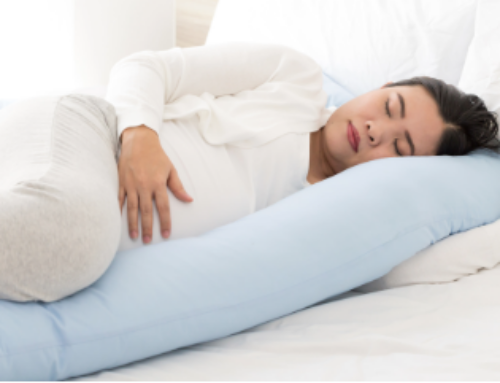A new study suggests that work is stealing sleep from many Americans.
The study analyzed data from the American Time Use Survey (ATUS). It included responses from more than 124,000 people. They described how they spent their time in the past 24 hours.
Results show that work is the main activity exchanged for sleep. People who slept 6 hours or less worked 1.55 more hours on weekdays. They worked 1.86 more hours on weekends or holidays.
The highest odds of being a short sleeper were found among adults who work multiple jobs. They were 61 percent more likely than others to report sleeping 6 hours or less on weekdays.
“The evidence that time spent working was the most prominent sleep thief was overwhelming,” said lead author Dr. Mathias Basner. He is an assistant professor at the Penn School of Medicine in Philadelphia.
The authors suggested that one solution is to make work start times more flexible. The study found that workers slept an average of only 6 hours when starting work before or at 6 a.m. But those who started work between 9 a.m. and 10 a.m. slept 7.29 hours.
The American Academy of Sleep Medicine recommends that adults get about 7 to 9 hours of nightly sleep for optimal health, productivity and daytime alertness. But CDC data show that 30 percent of employed U.S. adults typically sleep 6 hours or less in a 24-hour period.
“Getting at least seven hours of nightly sleep is essential to be at your mental, emotional and physical best for whatever you will pour yourself into, either at work or at home,” said AASM President Dr. Timothy Morgenthaler.
How about you? Is your job a sleep thief?
Learn more about the study in the journal Sleep: Sociodemographic Characteristics and Waking Activities and their Role in the Timing and Duration of Sleep
View the Little Sleep, Big Cost infographic to see which jobs are the biggest sleep thieves.





